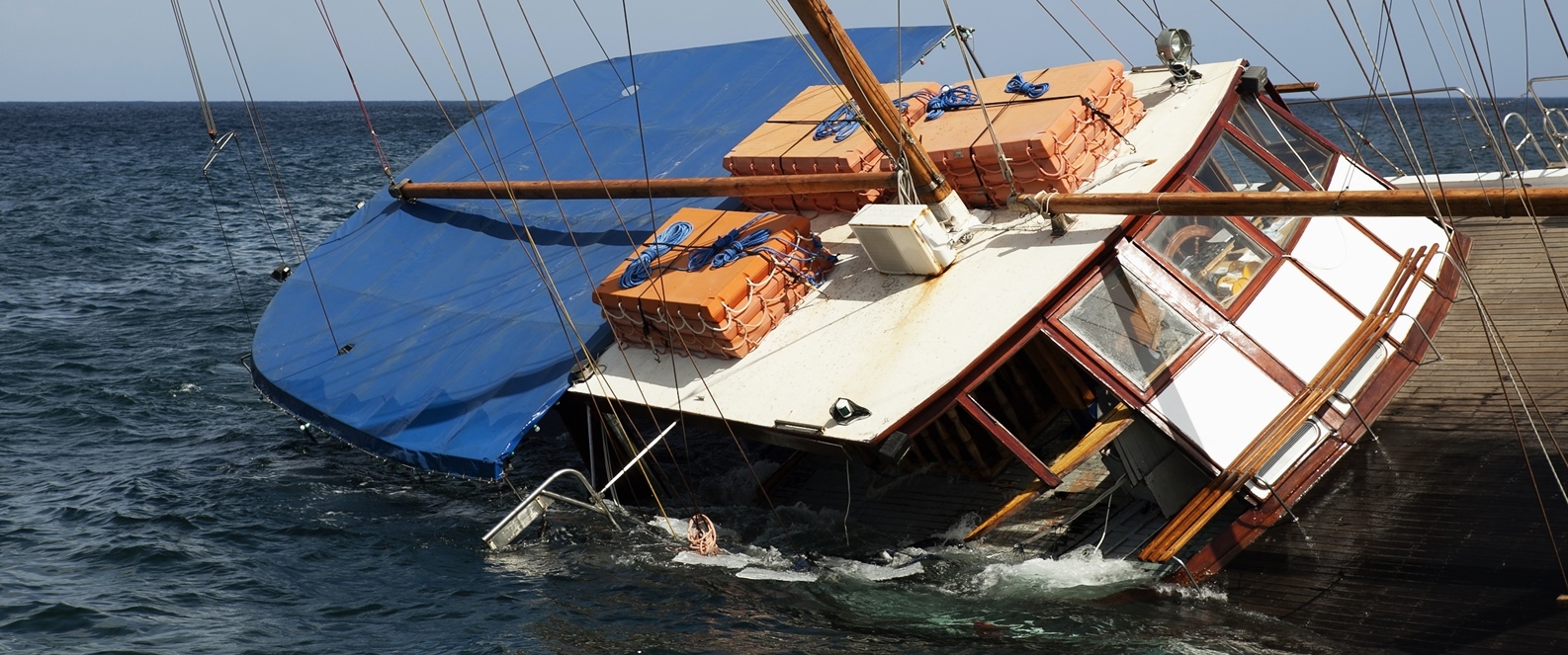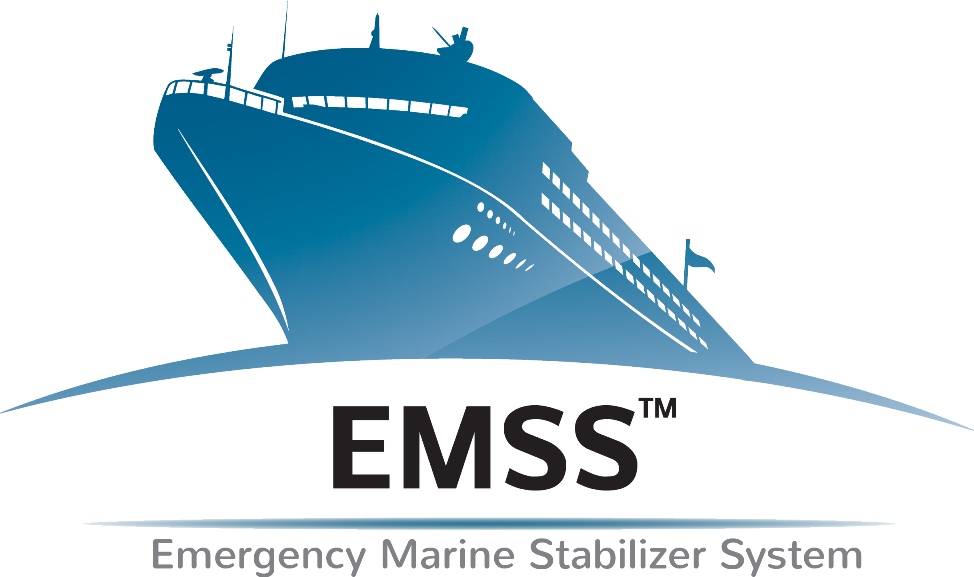Benefits of EMSS™

Saving Lives
If you are in a boat that swamps or capsizes, statistics say you have a 37% chance of ending up a fatality.
Saving the Environment
Global contamination by sinking ships impact marine lives and pollute our oceans. Hazardous chemicals, sinking cargo and oil leaks due to capsizing or sunk marine vessels, can significantly damage the marine ecosystem. Reducing these incidents will improve the natural habitat of marine life and keep it protected.
Since 2017 alone, there have been 42 polluting marine accidents in Canada as well as 86 marine vessels that have sank or capsized.
Saving Cargo
Cargo value can be very high and the impact of saving vessel’s cargo goes beyond the monetary value – cargo can also be hazardous to the environment.
Insurance Overhead
Insurance companies can reduce their losses by ensuring shipping vessels have EMSS™ installed to increase chances of saving the cargo and its crew/passengers.
